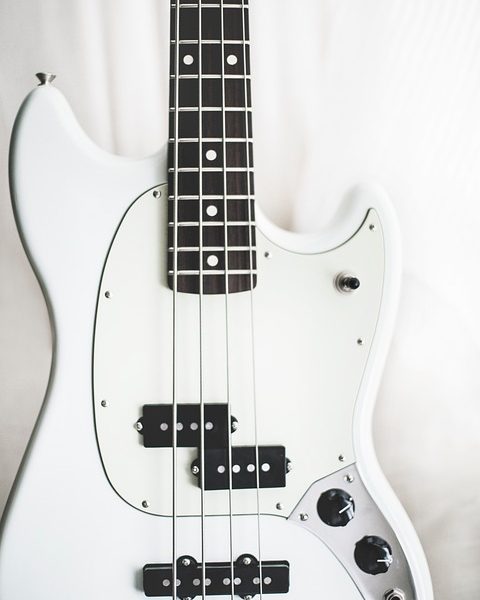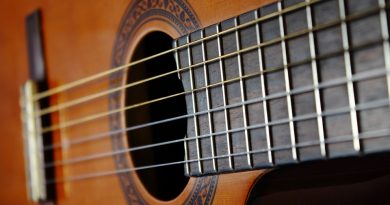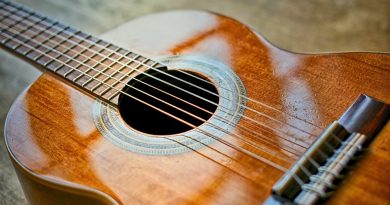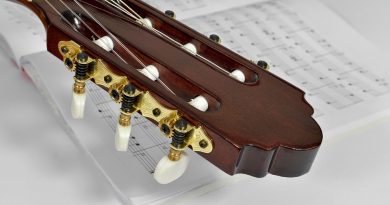Master Major Chords: A Complete Guide for Guitar Beginners
Master Major Chords: A Complete Guide for Guitar Beginners
Learning to play the guitar can be a rewarding and fulfilling experience, but it can also be overwhelming for beginners. One of the first things that beginners should focus on is learning the major chords. Major chords are the foundation of most songs and mastering them will give you the confidence and skills to play a wide variety of music styles. In this guide, we will cover everything you need to know about master major chords on the guitar.
Understanding Major Chords
Major chords are made up of three notes: the root, the third, and the fifth. These notes create a sense of stability and resolution in music, making major chords sound happy and upbeat. Major chords are the most common type of chord used in music and are found in most popular songs.
To play a major chord on the guitar, you will need to press down on certain frets and strings to create a specific sound. Each major chord has a unique shape and finger placement on the fretboard. By memorizing these shapes and practicing them regularly, you will become proficient in playing major chords.
Mastering Major Chords
To master major chords on the guitar, you will need to practice regularly and focus on proper finger placement and technique. Here are some tips to help you master major chords:
1. Memorize the Shapes: Each major chord has a specific shape on the fretboard. Take the time to memorize these shapes and practice transitioning between them smoothly.
2. Use Proper Finger Placement: When playing major chords, make sure to use the correct fingers to press down on the frets. Using the wrong fingers can make it difficult to play chords cleanly and accurately.
3. Practice Regularly: Like any skill, mastering major chords on the guitar takes practice. Set aside time each day to practice playing major chords and work on improving your technique.
4. Use a Metronome: Practicing with a metronome can help you improve your timing and rhythm when playing major chords. Start at a slow tempo and gradually increase the speed as you become more comfortable.
5. Experiment with Different Strumming Patterns: Once you have mastered the basic major chords, experiment with different strumming patterns to add variety and style to your playing.
Common Major Chords for Beginners
There are several common major chords that beginners should focus on mastering. These chords are used in a wide variety of songs and will help you build a solid foundation in guitar playing. Here are some of the most common major chords for beginners:
1. C Major: The C major chord is one of the first chords that beginners learn on the guitar. To play a C major chord, place your third finger on the third fret of the A string, your second finger on the second fret of the D string, and your first finger on the first fret of the B string.
2. G Major: The G major chord is another essential chord for beginners. To play a G major chord, place your second finger on the third fret of the low E string, your first finger on the second fret of the A string, and your third and fourth fingers on the third fret of the B and high E strings.
3. D Major: The D major chord is a versatile chord that is used in many popular songs. To play a D major chord, place your first finger on the second fret of the G string, your third finger on the third fret of the B string, and your second finger on the second fret of the high E string.
4. A Major: The A major chord is another essential chord for beginners to learn. To play an A major chord, place your first finger on the second fret of the D string, your second finger on the second fret of the G string, and your third finger on the second fret of the B string.
By mastering these common major chords, beginners will be able to play a wide variety of songs and develop their skills on the guitar.
Conclusion
Mastering major chords is an essential step for any beginner guitarist. By focusing on proper finger placement, technique, and regular practice, beginners can quickly improve their skills and play a wide variety of music styles. Remember to start with the basics, such as the C, G, D, and A major chords, and gradually build up your repertoire as you gain more experience. With dedication and practice, you will soon be on your way to becoming a proficient guitarist.






